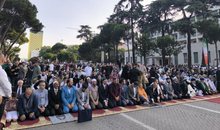
 Flash News
Flash News
HIV on the rise in Kosovo, 10 new cases recorded in five months
AMP checks at Kapshtica customs, drug found hidden in a vehicle
Insult and denigration, the Journalists Association of Albania condemns Ristan's attack on the "Piranha" journalist
"Land Rover" abandoned for two years in the Port of Durres, 3 firearms and cartridges found, 24-year-old wanted
Mavraj's message to the Rossoneri: Kosovo is ours forever. Now play football
The unknown story of Mother Teresa, the poisoning of her father by the Serbs and the blood feud that wiped out her ancestors
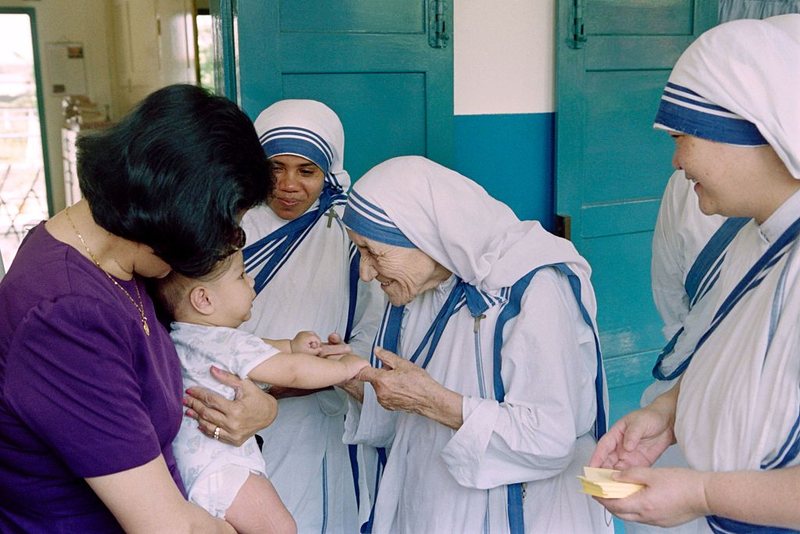
Michael Cook / The Epoch Times
“By blood, I am Albanian. By citizenship, an Indian. By faith, I am a Catholic nun. As to my calling, I belong to the world. As to my heart, I belong entirely to the Heart of Jesus. ”
This modest autobiography could belong to no one other than Gonxhe Bojaxhiu, better known around the world as Mother Teresa. Long before her death in 1997 and her elevation to the status of a Catholic saint in 2016, she fascinated biographers. Malcolm Muggeridge's BBC studio interview in London in 1968, followed by a 1969 documentary filmed in Calcutta and a 1971 book, "Something Beautiful for God," launched what might almost be described as a Mother Teresa industry.
Gezim Alpion is an Albanian-born academic at the University of Birmingham in the UK whose interests include the sociology of religion and of celebrity. "Mother Teresa: The Saint and Her Nation" is his second book about his famous compatriot. He's regarded as "the most authoritative English-language author" on her and "the founder of Mother Teresa Studies" —even though he does not follow any faith, describing himself as a "spiritual rationalist." Others have written about her good deeds and her spirituality, but Alpion examines her Albanian identity.
She never imagined that people would regard her as the greatest Albanian since medieval warlord and patriot Skanderbeg (1405–1468). In fact, Alpion discovered that she swore to her mother when she left that "I will never speak in Albanian until we meet again."
Bojaxhui kept that promise, within the bounds of civility. She never saw her mother again. She had a cousin and adopted sister, Filomena, whom she loved dearly, who migrated to Australia. She visited her in 1969 and insisted on speaking English, even though Filomena had never mastered the language. Even during eight trips to Albania late into her life, she spoke in English.
Alpion unraveled this mystery by reviewing the ceaseless pain of Albanian history and digging into the saint's background on both sides of her family.
Albanians can not reminisce about a glorious past as a powerful empire, as other small European countries can –the Bulgarians, the Armenians, the Greeks, or the Lithuanians. Periodic invasions and persecutions by Serbs and Turks have sent waves of Albanian migrants fleeing both east and west. In Syria, there are — or used to be, before the chaos of its barbarous civil war — small communities of ethnic Albanians known as the Arnaut. In Italy, there are enough small villages of Albanian speakers to justify two Byzantine-rite, Albanian-speaking Catholic bishops.
People with Albanian backgrounds have played significant roles in history. Apart from Skanderbeg and Kemal Ataturk, Alpion has made a case for the Corsican adventurer Napoleon Bonaparte. And there have been four Popes from Albania or with Albanian backgrounds, most recently the 18th-century pontiff Clement XI (who was born as Giovanni Francesco Albani).
In recent centuries, Albanian speakers have been crushed between the Orthodox Serbs and Greeks and the Muslim Turks, which accounts for the fact that only about 10 percent of Albanians in Albania and Kosovo currently identify as Roman Catholics. The Serbs wanted the Albanians to become Orthodox and the Turks wanted them to become Muslim. Unfortunately, for centuries the Vatican, which is just across the Adriatic Sea, was not prepared to defend Albanian Catholics, according to Alpion. It had bigger fish to fry — a charm offensive with the Serbs.
Ethnic cleansing and massacres continued into the 20th century. As late as the 1950s, the governments of Yugoslavia and Turkey made a pact that would have allowed the expatriation of 1 million Albanians to Turkey. In the end, about 100,000 were expelled. It was "state-endorsed human trafficking of the population of… entire regions of an ancient, homogenous nation," Alpion said.
What does this grim background have to do with Mother Teresa?
Alpion has dug deep into her family history and discovered that it's blood-stained and nationalistic. He's the first to publish the sketchy details.
“Land of Albania! … Thou rugged nurse of savage men! ” sang the 19th-century English poet Lord Byron. He was not wrong. Bojaxhui's maternal great-grandfather, Pjeter Bardhi, was murdered in a blood feud. His son, Bojaxhui's grandfather Ndue, avenged him and was murdered in his turn. Ndue's son Gjon, Bojoxhui's uncle, was another victim of the blood feud.
And then there was the ardent nationalism of Bojaxhui's businessman father, Nikolle. He worked to promote education in Albanian and lobbied to keep Albanian schools from closing under Serb pressure. He even managed to secure funding for existing schools and for opening new ones. He opposed the creation of the Kingdom of Yugoslavia, which scooped up Albanian territory after World War I.
This probably led to his death. In 1919, his business went bankrupt, and not long after, he was poisoned after a political meeting in Belgrade, Serbia. His final hours were agonizing and traumatized the family, including 9-year-old Bojaxhui.
Alpion believes that even Bojaxhui's name was a nationalist gesture. In Albanian it means “rosebud” or “little flower.” When she was born in 1910, both Slav nationalists and Ottoman authorities frowned upon the use of the Albanian language. Naming their infant daughter Gonxhe was "a small but significant act of defiance," according to Alpion. And her baptismal name, Agnes, was ostentatiously Roman Catholic.
This dark background was, as they say — or used to say— “character-forming,” for Bojaxhui. But in the wake of World War I, there was more to come. Her mother's brother Mark, a prosperous businessman, had four children. First, one of the sons died of the Spanish flu, then the heartbroken father. This flu also took another daughter, her husband, and yet another daughter. Finally, Bojaxhui's grandmother died. Only Filomena, who came to live with Gonxhe and her mother Roza, survived.
Alpion believes that these childhood experiences prepared Bojaxhui for her vocation in the Missionaries of Charity.
"It was during those turbulent formative years in Skopje that Gonxhe's lifelong gratitude to Jesus began," he wrote. “This was also the moment when she started thinking that the best way to show her thankfulness was to help people in distress. This was one of the reasons why she chose India as her destination when she learned about its poor from Balkan missionaries who had served there. ”
All of this new information suggests that Bojaxhui was well-prepared for what Catholic mystics call “the dark night of the soul,” in which she was shaken by doubts about God's existence and his loving providence throughout her long years as a nun.
No one ever doubted that Bojaxhiu was a remarkable woman. This scrupulously researched study shows that she was even more remarkable than we thought. As Alpion wrote, "Mother Teresa's life, ministry and legacy show the need to include 'women' in Thomas Carlyle's contention that 'the history of the world is but the Biography of great men.'"
This article was originally published on MercatorNet.
Latest news




Trump warns of 'consequences' if Musk funds political rivals
2025-06-07 21:29:11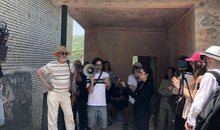
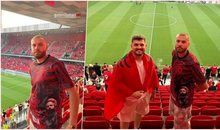
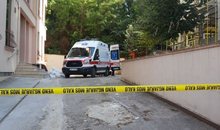
14-year-old falls from 6th floor of apartment in Tirana
2025-06-07 20:28:07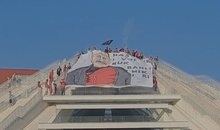
"Old enemies don't make new friends"
2025-06-07 19:52:58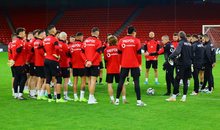
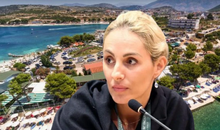


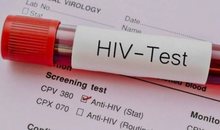
HIV on the rise in Kosovo, 10 new cases recorded in five months
2025-06-07 17:47:59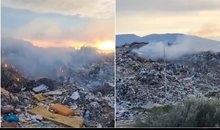
Fire in the waste field in Vlora, Berisha: Monstrous crime against citizens
2025-06-07 17:27:40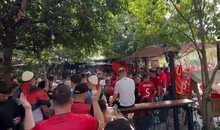

PL: The country's food safety system does not track food contamination
2025-06-07 16:40:37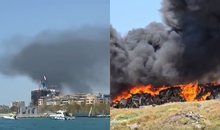
Fire engulfs Vlora waste field again, mayor: Intentional
2025-06-07 16:20:06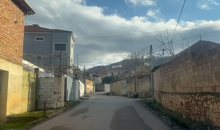
20-year-old man ends his life in Pogradec, police reveal details
2025-06-07 15:47:29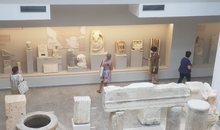
Tourism without heritage: Durrës opens the season with museums closed
2025-06-07 15:27:30
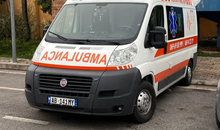
Gjendet një person i pajetë në Tiranë
2025-06-07 14:54:23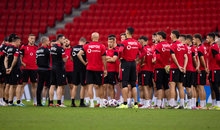
Detailed control, the rules that fans must follow in the Albania-Serbia match
2025-06-07 14:32:19
A heat wave will sweep across Albania next week
2025-06-07 14:10:18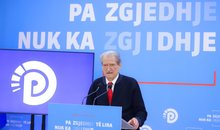
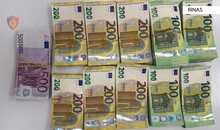
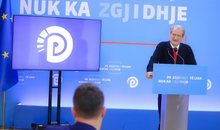
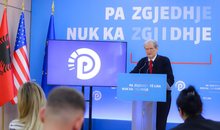
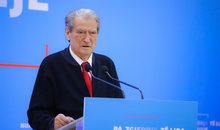
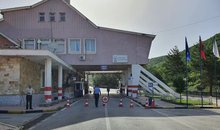
AMP checks at Kapshtica customs, drug found hidden in a vehicle
2025-06-07 12:15:26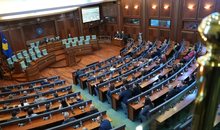
Kosovo Assembly fails to be constituted even after 28 attempts
2025-06-07 11:58:58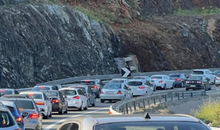


Oh Albania, you have no old age!
2025-06-07 11:05:01
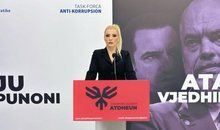

Mavraj's message to the Rossoneri: Kosovo is ours forever. Now play football
2025-06-07 10:10:52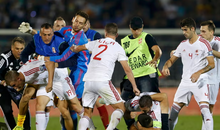

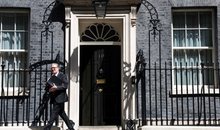
Why are Ukrainians being accused of arson at Keir Starmer's properties?
2025-06-07 09:16:24
Foreign exchange, how much foreign currencies are sold and bought today
2025-06-07 09:04:55
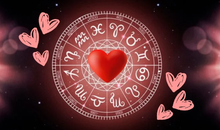
Horoscope, what do the stars have in store for you today?
2025-06-07 08:31:29
Weather forecast for Saturday, here's what the temperatures will be like
2025-06-07 08:17:35
Posta e mëngjesit/ Me 2 rreshta: Çfarë pati rëndësi dje në Shqipëri
2025-06-07 08:01:23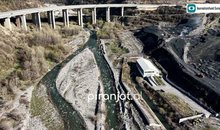
Heavy metals in the Drin River, causes of cancerous diseases
2025-06-06 22:54:02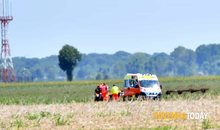


Works in Spaç, Lubonja: Destruction of collective and historical memory
2025-06-06 21:54:32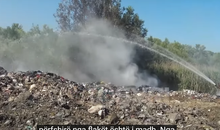
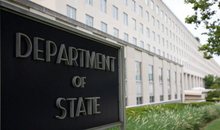
DASH: Balkans, part of American strategy for expelling migrants
2025-06-06 21:12:33

Ilir Shqina, a diplomat, and her business partner Grida Dumas were suddenly born
2025-06-06 20:21:46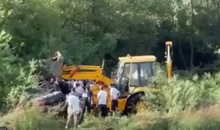
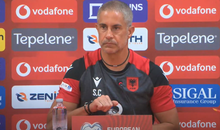
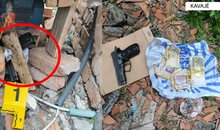
Couple injured in Kavaja, police find firearm hidden in wall
2025-06-06 19:05:19
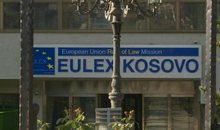
EULEX mandate in Kosovo extended until 2027
2025-06-06 17:58:20
These are the 3 zodiac signs that will be favored in the next decade
2025-06-06 17:50:52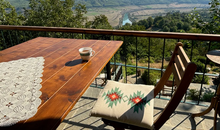
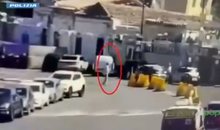

Anthropology
2025-06-06 17:06:00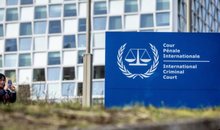
EU supports International Criminal Court after US sanctions
2025-06-06 16:47:51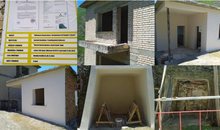
Gonxhe ignores concerns about Spaçi and defends the continuation of the works
2025-06-06 16:31:42
Providing online services, report: Institutions, delays in update requests
2025-06-06 16:24:10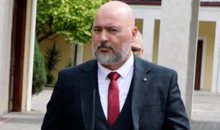
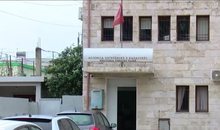
The head of the Vlora Cadastre is changed again
2025-06-06 15:58:49
With a rounded belly, Dafina Zeqiri enjoys the holidays with her partner
2025-06-06 15:36:06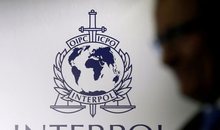

Foods that should not be missing from the Eid al-Adha table
2025-06-06 15:04:48
They exploited girls for prostitution in Vlora, 28-year-old arrested
2025-06-06 14:44:26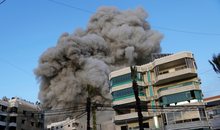
Israel warns of more attacks in Lebanon
2025-06-06 14:26:30
The race for the head of the BKH, the deadline for applications ends today
2025-06-06 14:15:18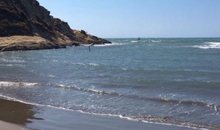
14-year-old girl in Vlora rescued after risking drowning at sea
2025-06-06 14:04:23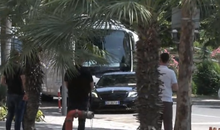
Challenge with Albania, Serbian team arrives in Tirana
2025-06-06 13:49:04
He injured the married couple in Rrogozhina, here is who the perpetrator is
2025-06-06 13:34:20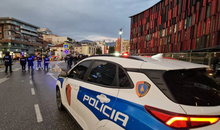
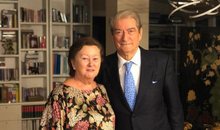
Berisha wishes Eid al-Adha: Blessings to your families and our nation
2025-06-06 13:09:28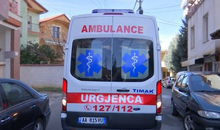
He injured his neighbors with a gun, the perpetrator surrendered to the police
2025-06-06 13:02:47

Tom Cruise enters Guinness World Records
2025-06-06 12:38:48
From orange peels to bananas, discover the foods that help you with stress
2025-06-06 12:28:53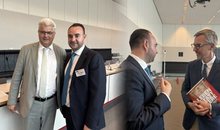


How did the feud between Donald Trump and Elon Musk start?
2025-06-06 11:52:32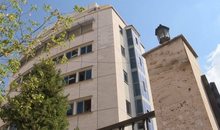
The prosecution sends 5 Kosovar citizens to trial for drug smuggling
2025-06-06 11:33:56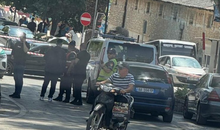
21-year-old injured with knife in Saranda
2025-06-06 11:24:10
Kosovo citizens flock to the Albanian coast, long queue from Morina
2025-06-06 11:11:07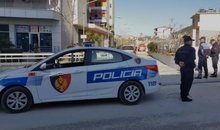
Gunfire in Kavaja, shot at a married couple
2025-06-06 11:05:01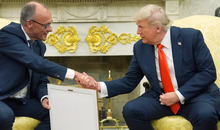
Merz: Bashkëpunim i ngushtë Gjermani-SHBA
2025-06-06 10:45:35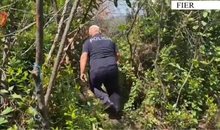
A marijuana plantation is found in Cakran, a 24-year-old man is arrested
2025-06-06 10:25:53
Gianni De Biasi shows the formula for how we can win against Serbia
2025-06-06 10:08:57
Hoxha: The CEC was one of the main architects of the destruction of free voting
2025-06-06 09:52:16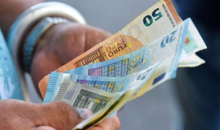
Foreign exchange, June 6, 2025
2025-06-06 09:33:01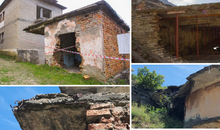

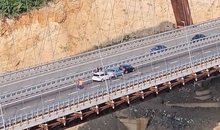
Accident on the new Kukes bridge, three vehicles collide
2025-06-06 08:43:06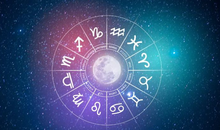
Horoscope, what do the stars have in store for you today?
2025-06-06 08:28:14
Clear weather with few clouds, the forecast for this Friday
2025-06-06 08:13:54